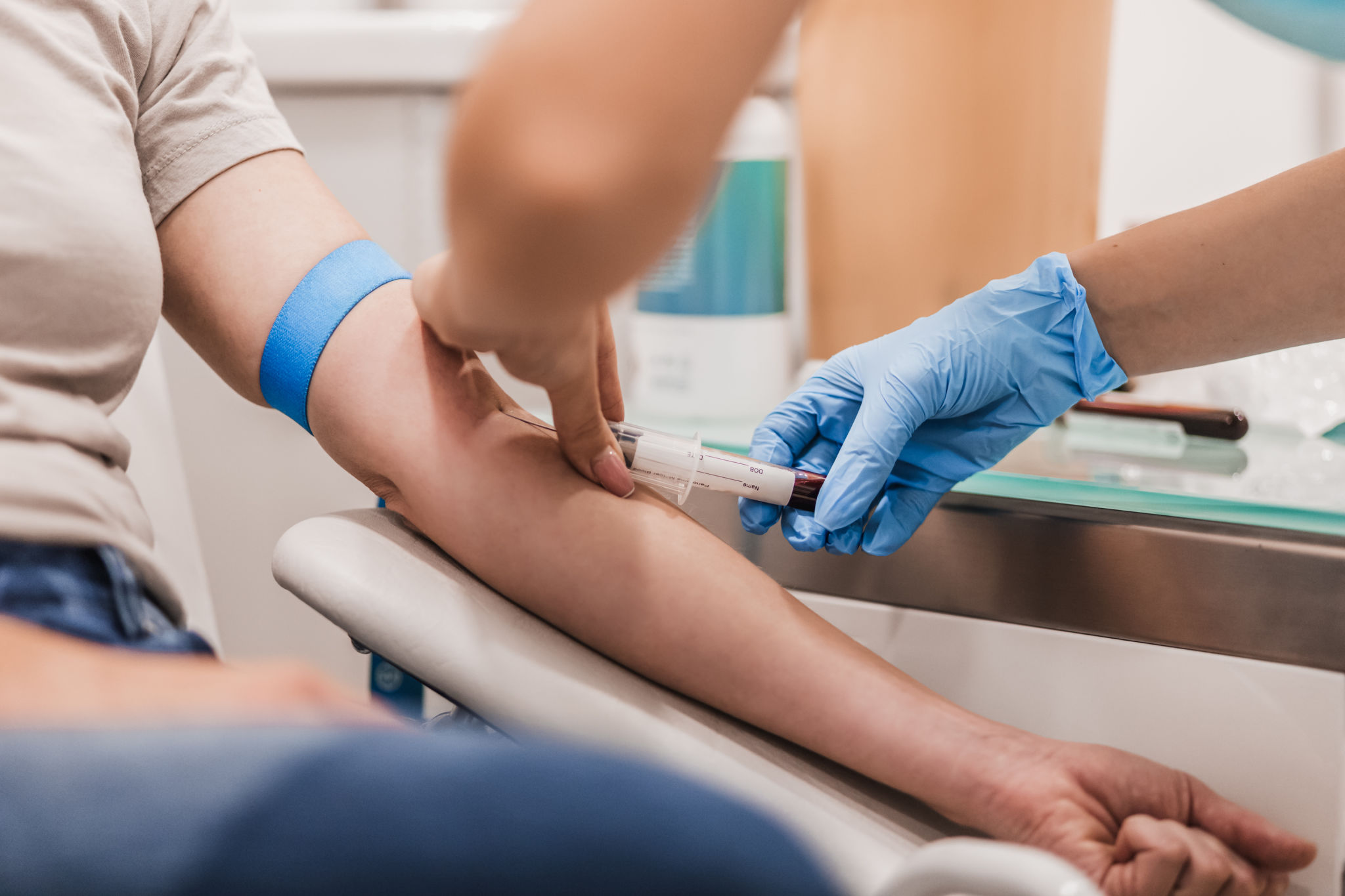How to Prepare for a Blood Test: FAQs and Tips
Understanding Blood Tests
Blood tests are a common diagnostic tool used by healthcare professionals to assess your overall health and detect a wide range of conditions. They can provide valuable information about your organs, immune system, and more. Preparing for a blood test properly can help ensure accurate results and make the process smoother.

Common FAQs About Blood Tests
What should I do before a blood test? Before a blood test, it is important to follow any specific instructions given by your healthcare provider. Some tests require fasting, while others may not. Always check ahead of time.
Do I need to fast before my blood test? Fasting is required for certain tests, such as those measuring blood sugar or cholesterol levels. If fasting is necessary, you will typically be asked not to eat or drink anything except water for 8-12 hours before the test.
Tips for a Successful Blood Test
Here are some general tips to consider when preparing for your blood test:
- Stay Hydrated: Drinking plenty of water before your test can make it easier for the technician to locate your veins and draw blood.
- Avoid Strenuous Exercise: Refrain from heavy exercise the day before your test, as it might affect certain test results.
- Wear Comfortable Clothing: Opt for short sleeves or sleeves that can be easily rolled up to allow easy access to your arm.

What to Expect During the Test
During the blood test, a healthcare professional will use a small needle to draw blood from a vein, usually in your arm. The process is generally quick and causes minimal discomfort. If you have concerns about needles or feel anxious, let the technician know—they can help ease your nerves.
After the blood draw, you may be asked to apply pressure to the site with a cotton ball or bandage to prevent bleeding. It's important to relax and avoid heavy lifting with that arm for a short period.
After the Blood Test
Once your blood test is complete, you can usually resume normal activities. It's advisable to continue drinking water and eat a light meal if you were fasting. Results are typically available within a few days, and your healthcare provider will discuss them with you during a follow-up appointment or over the phone.

Handling Results and Follow-Up
If your results indicate any irregularities, don’t panic. Many factors can influence blood test results, and further testing might be needed for a comprehensive diagnosis. Your healthcare provider will guide you on any necessary steps or lifestyle changes needed based on your results.
Remember, regular blood tests are an essential part of maintaining good health. By understanding how to prepare for them, you can ensure accurate results and contribute positively to your health journey.
